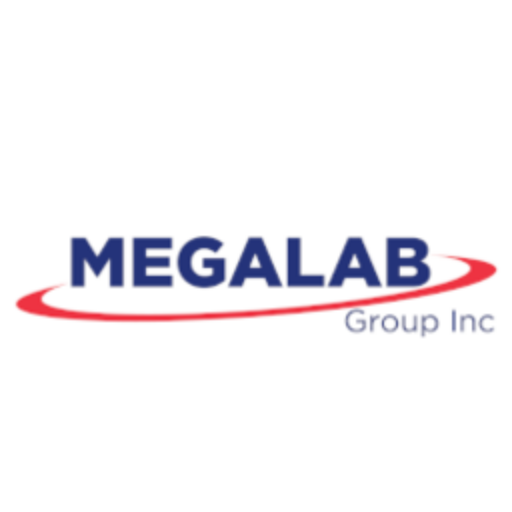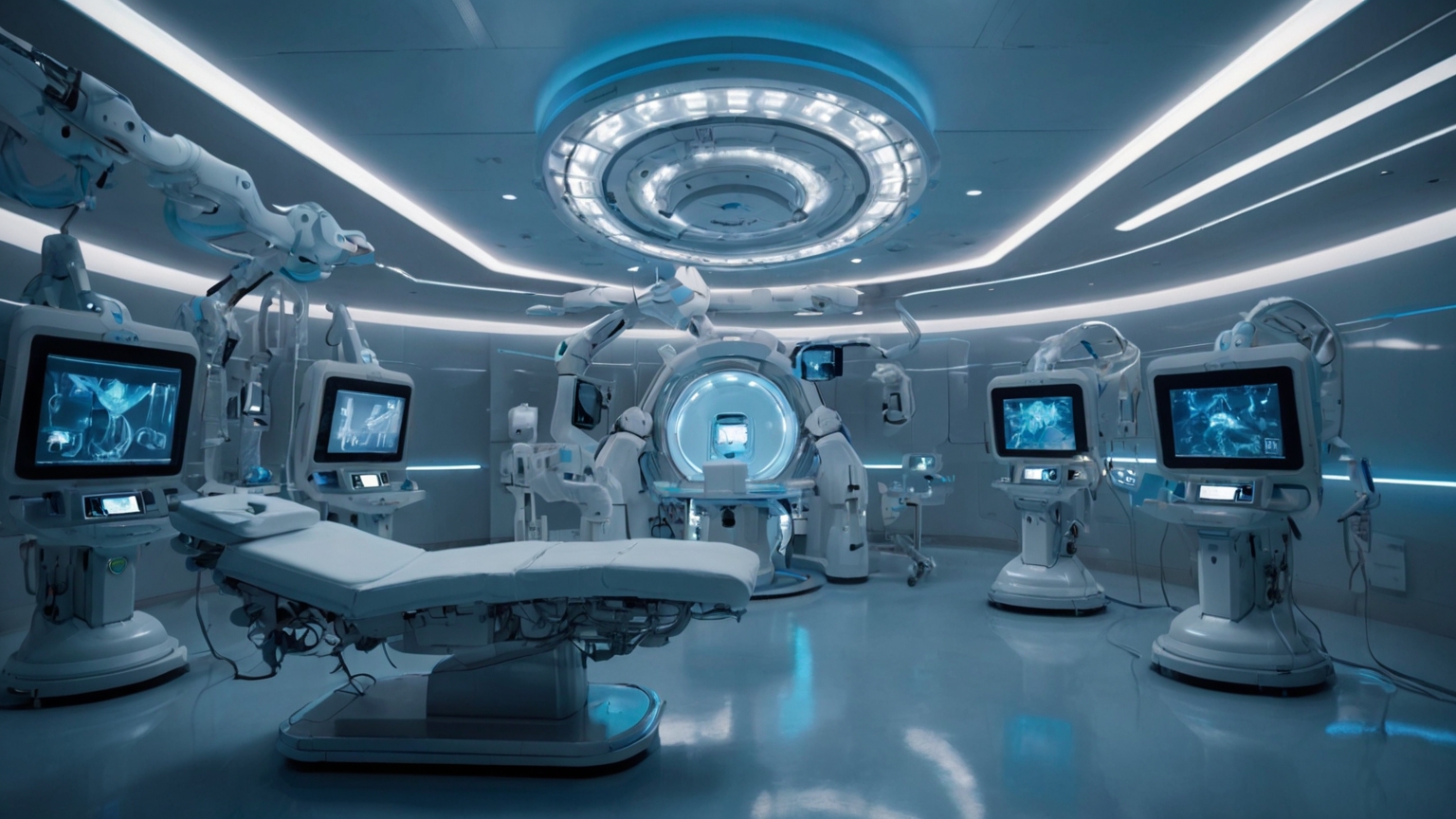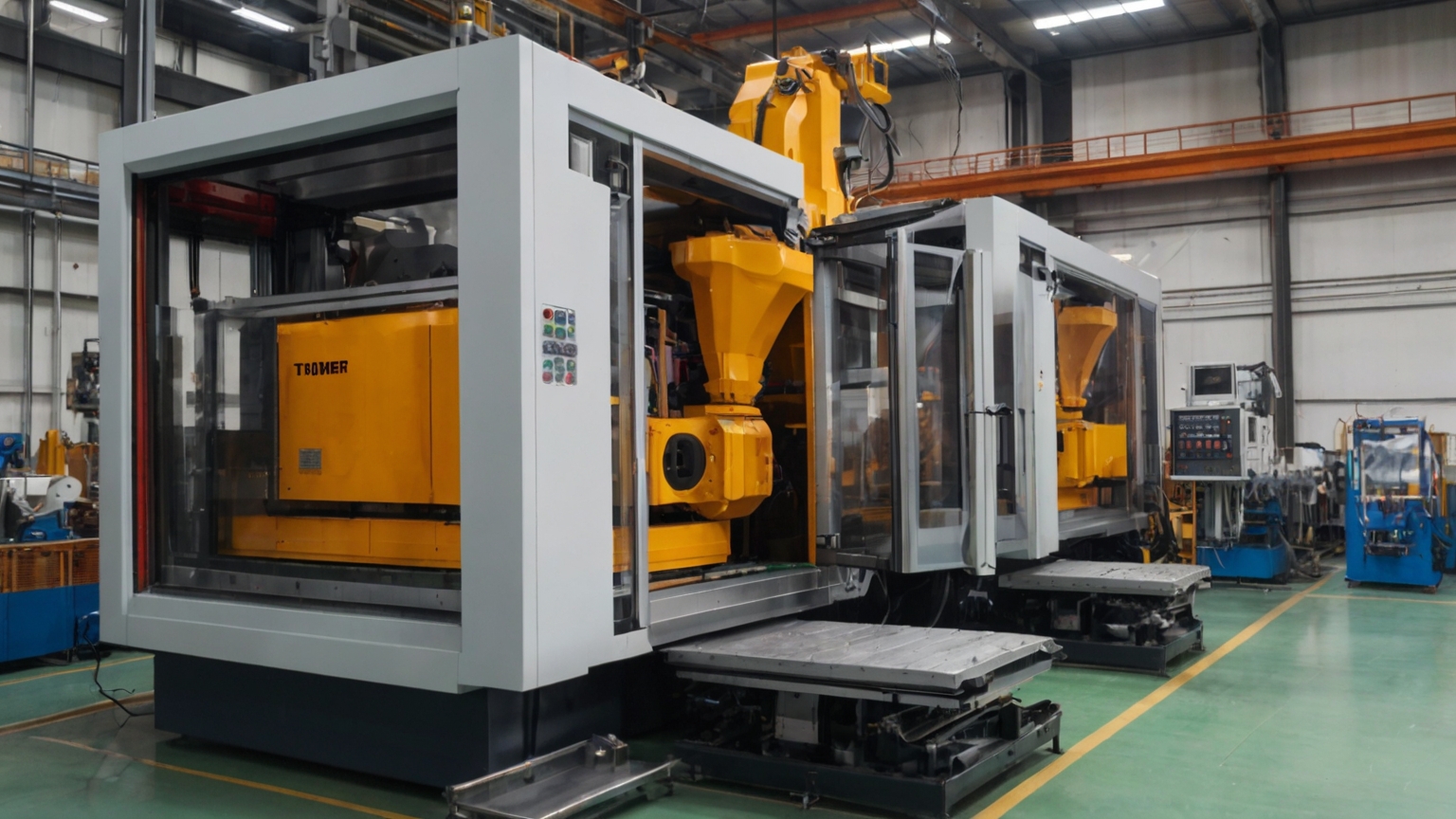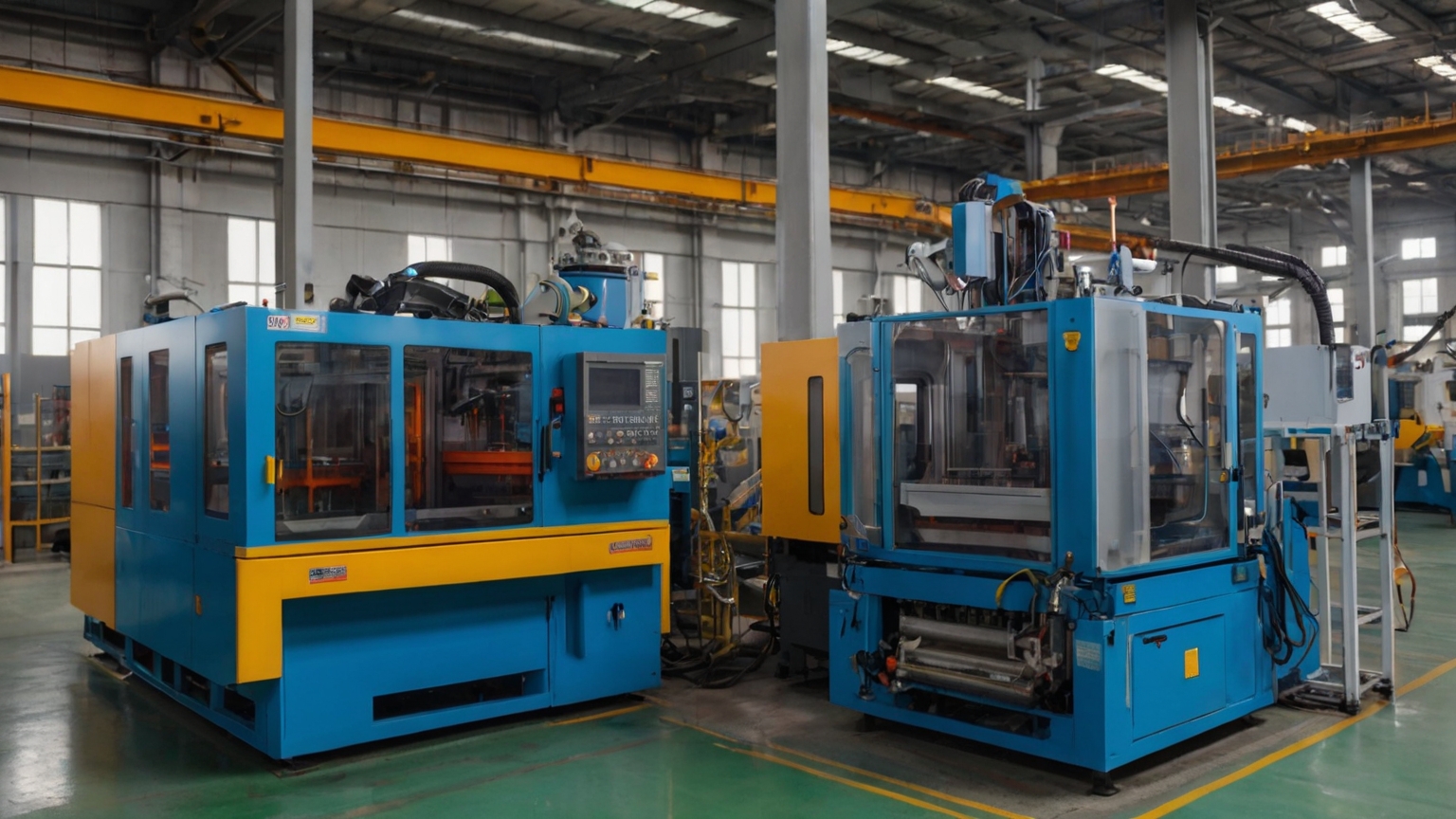In today’s competitive marketplace, developing high-tech scientific or medical devices demands meticulous attention to detail. From managing thousands of parts and vendors to ensuring global compliance standards, the complexities are myriad. However, navigating these challenges is essential for expediting product launches and maintaining a competitive edge. This article explores the most effective method for implementing a cost-effective Quality Management System (QMS) under ISO 13485 and accelerating product deployment.
Understanding the Complexity
Implementing a new QMS can be overwhelming due to its intricate processes and variables. This complexity intensifies when developing sophisticated scientific or medical devices. Each device requires meticulous configuration, replication, global distribution, and ongoing support to meet customer specifications.
Adopting a Modular Approach
A proven method to streamline QMS implementation is by adopting a modular or “phased” approach. This strategy entails initiating the process with a Manufacturing Resource Planning (MRP) system that seamlessly integrates into an Enterprise Resource Planning (ERP) solution. This integrated framework serves as the backbone for structuring ISO 13485 and 9001 QMS components.
Case Study: A Leading Mass Spectrometry Manufacturer
To illustrate the efficacy of this approach, let’s examine the journey of a Leading Mass Spectrometry Manufacturer. This company specializes in designing and manufacturing mass spectrometers and biosensors for various applications. By implementing a modular QMS approach, the Leading Mass Spectrometry Manufacturer successfully launched competitive products with optimal performance-to-price ratios.
Leveraging Enterprise Resource Planning (ERP)
Selecting an ERP solution that aligns with organizational growth is crucial. By choosing a modular ERP system, companies can incrementally implement QMS components tailored to their evolving needs. This approach facilitates the development of comprehensive processes, including Corrective Action Plans (CAP), Non-Conformance Reporting (NCR), Quality Control, and Vendor Management.
New Tools for Enhanced Growth
As companies expand their product lines, integrated supply chain planning and engineering tools become indispensable. Traditional methods, such as manual data entry via spreadsheets, prove inadequate for managing complex inventories. Implementing an ERP solution empowers organizations to optimize inventory management, streamline procurement processes, and enhance overall operational efficiency.
Achieving Sustainable Growth
A Leading Mass Spectrometry Manufacturer’s success story exemplifies the transformative impact of ERP and ISO 13485 integration. By adopting a staged implementation approach, the company efficiently managed inventory, forecasted end-product requirements, and optimized production processes. This comprehensive solution enabled the Leading Mass Spectrometry Manufacturer to reduce costs, shorten lead times, and meet customer demands effectively.
Conclusion
In today’s dynamic business landscape, implementing a cost-effective Quality Management System under ISO 13485 is paramount for accelerating product launches and maintaining market competitiveness. By adopting a modular approach and leveraging ERP solutions, companies can streamline QMS implementation, optimize operational processes, and achieve sustainable growth.
FAQs (Frequently Asked Questions)
 1. What is ISO 13485, and why is it essential for medical device manufacturers?
1. What is ISO 13485, and why is it essential for medical device manufacturers?
ISO 13485 is an international standard that specifies requirements for a quality management system in the medical device industry. Compliance with this standard is crucial for ensuring product safety and regulatory compliance.
2. How does ERP integration facilitate QMS implementation?
Integrating ERP systems provides a centralized platform for managing various aspects of the QMS, including inventory, procurement, quality control, and vendor management. This integration streamlines processes and enhances overall efficiency.
3. What are the key benefits of adopting a modular approach to QMS implementation?
A modular approach allows companies to implement QMS components gradually, aligning with their organizational growth and evolving needs. This approach enhances flexibility, scalability, and cost-effectiveness.
4. How can companies ensure successful ERP/QMS implementation?
Successful implementation requires careful planning, stakeholder engagement, and comprehensive training. It’s essential to choose the right ERP solution, customize it to fit organizational requirements, and prioritize ongoing support and maintenance.
5. What role does ISO certification play in product development and market competitiveness?
ISO certification demonstrates a company’s commitment to quality, compliance, and continuous improvement. It enhances credibility, fosters customer trust, and opens doors to new markets and opportunities.
Got a Question?
We’re here to answer your questions and help you get started right away. Call or send us a message anytime.

Megalab Group
Megalab offers ISO 17025 A2LA Accredited, EMC, Product Safety, Mechanical & Laboratory Testing Services. Megalab Group Inc. and its team are committed to meet and exceed our customers’ expectations as an industry leader in environmental and related regulatory testing services, through constant business improvement while upholding the highest integrity and quality in standards of all services we provide.
Learn more at www.megalabinc.com





